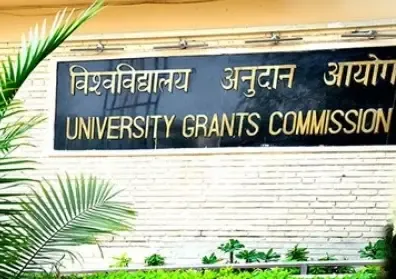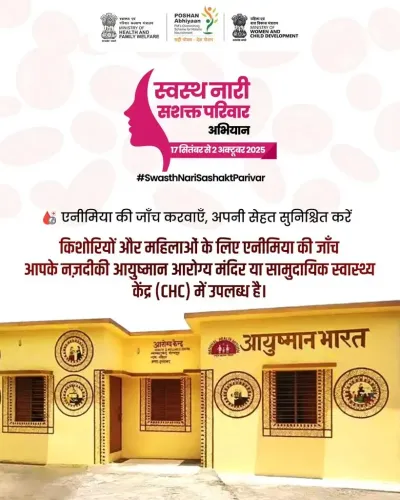What Actions Did UGC Take Against 54 Private Universities?

Synopsis
Key Takeaways
- UGC issues notices to 54 universities.
- Compliance with disclosure norms is essential.
- Transparency in higher education promotes accountability.
- Public access to information is a right.
- Universities must act swiftly to meet requirements.
New Delhi, Sep 30 (NationPress) The University Grants Commission (UGC) has formally addressed notifications to 54 private universities in various states for their failure to adhere to the required disclosure standards as outlined in its regulations.
"It has come to our attention that 54 state private universities have either not provided the necessary information as per section 13 of the UGC Act, 1956, or have failed to upload the mandatory public self-disclosure data on their official websites," the notice stated.
These universities have neglected to make vital information regarding their operations available on their official platforms, despite multiple reminders, it noted.
According to the guidelines set forth by the UGC, every university is obligated to transparently disclose critical aspects concerning the courses offered, research endeavors, faculty details, student populations, infrastructure, financial frameworks, and other relevant academic undertakings for public awareness.
This information must be readily accessible without any log-in or registration barriers, ensuring transparency and ease of access for students, parents, and other stakeholders.
Despite numerous reminders via official correspondences, emails, and virtual meetings, 54 universities have not met compliance.
The UGC has publicly listed these non-compliant institutions, which include private universities from states such as Gujarat, Haryana, Assam, Punjab, Rajasthan, Bihar, Chhattisgarh, Goa, Jharkhand, Karnataka, Uttar Pradesh, Uttarakhand, West Bengal, Maharashtra, Manipur, Sikkim, Tripura, and Madhya Pradesh, among others.
UGC Secretary Professor Manish Joshi has communicated with all these universities, instructing them to promptly provide the requisite details on both their websites and to the Commission.
In his correspondence, he emphasized that "students and parents must have access to comprehensive and reliable information regarding higher education institutions before making significant choices."
Some universities are reportedly in the process of reviewing their documents and updating their online portals, while others have pledged to comply shortly.
However, the UGC clarified that merely uploading the information on institutional websites is insufficient; the details must also be submitted to the Commission for oversight.
The Commission reiterated that the disclosure framework aims to enhance accountability, foster trust among stakeholders, and ensure that higher education institutions operate transparently.
The comprehensive list of the 54 non-compliant universities is accessible on the official UGC website.









